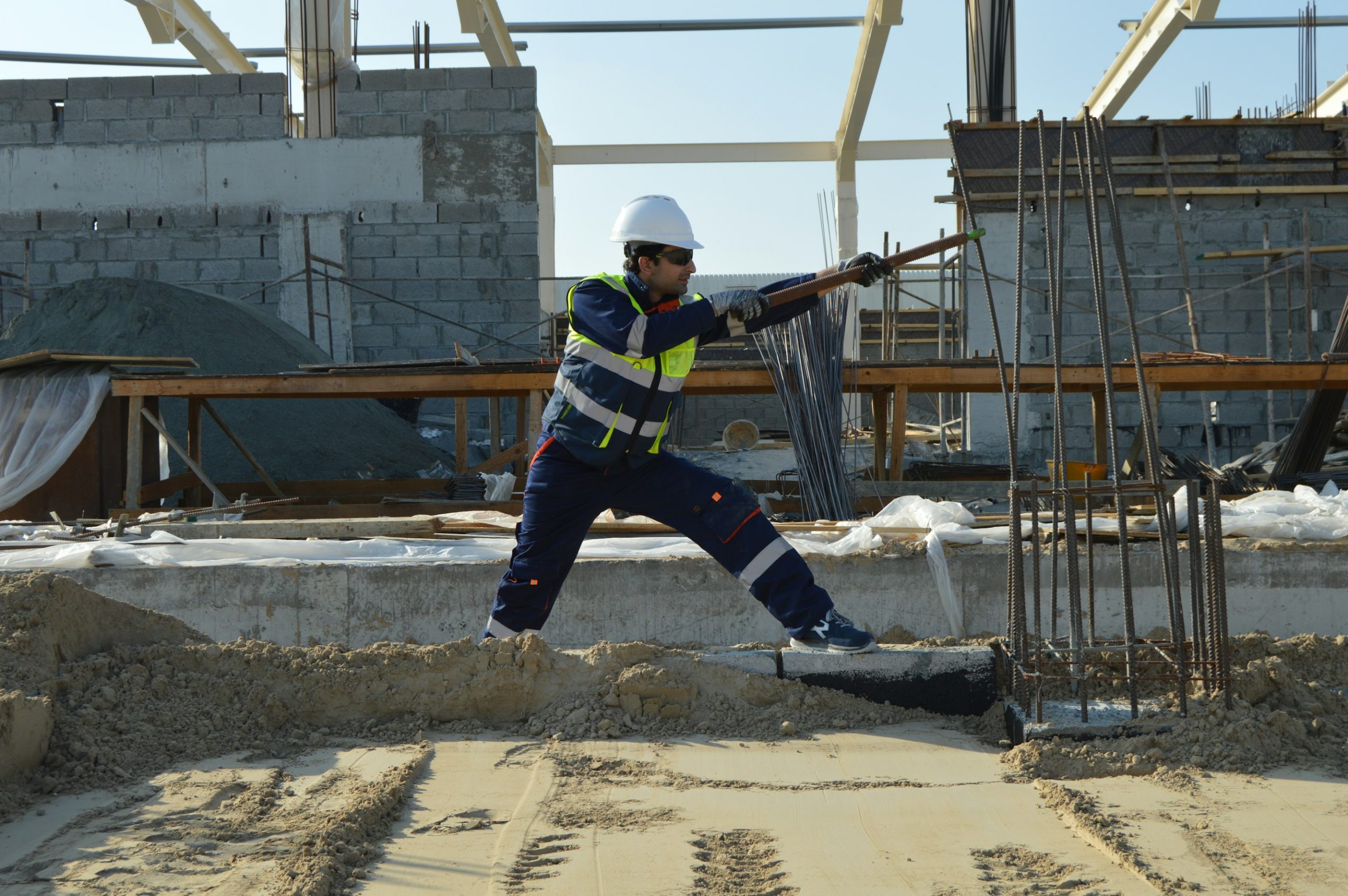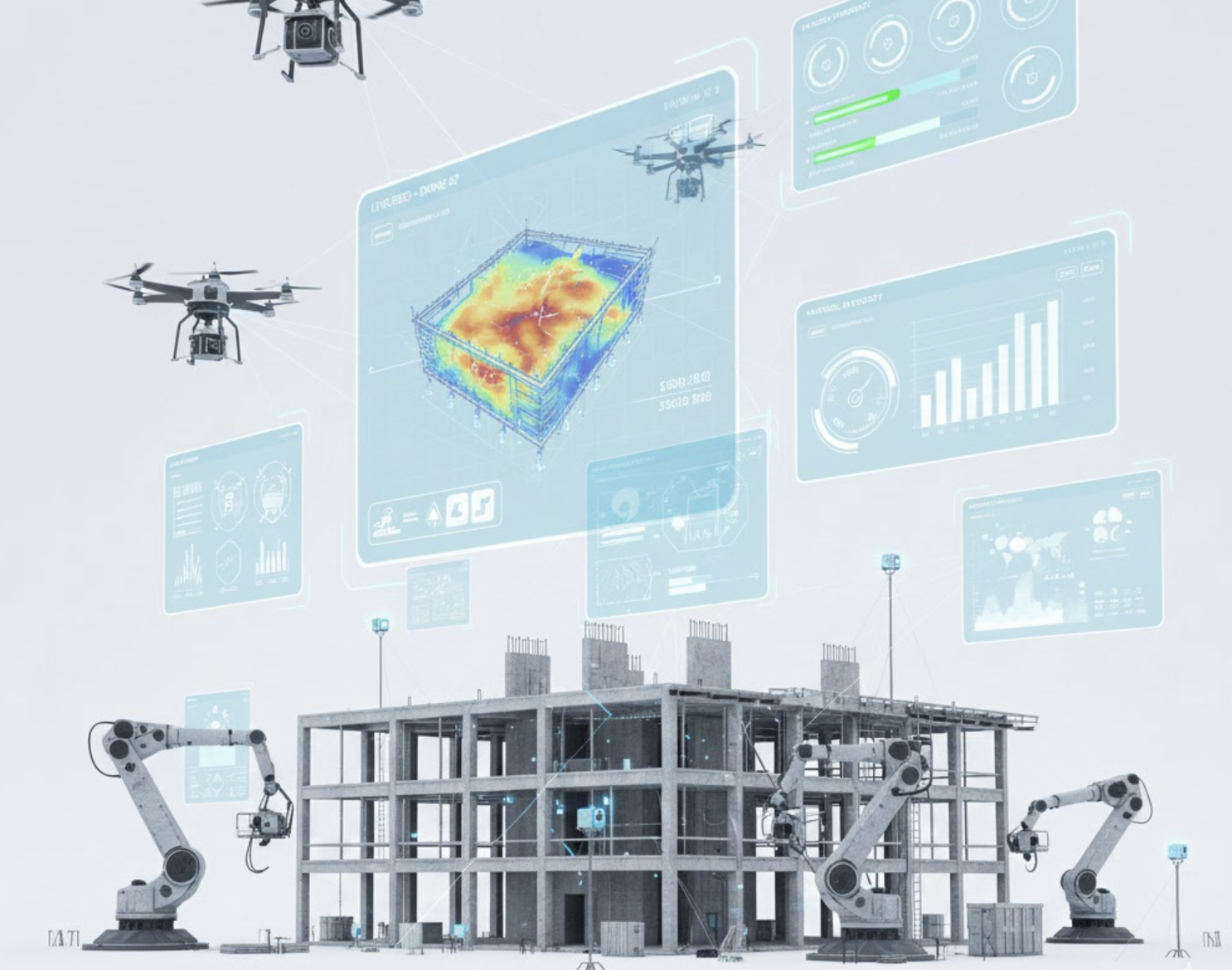Bridging Time Zones: Remote Monitoring for International Project Teams
In today’s global economy, remote project management has become an essential strategy for organizations looking to leverage international talent and expertise. The ability to supervise and coordinate projects with team members spread across different geographic locations presents both unique challenges and remarkable opportunities. This remote collaboration allows businesses to access a global talent pool and enables team members to collaborate efficiently regardless of their physical location. However, effective remote project management requires scalable solutions, strategic planning, and the right tools.
Key Challenges in Remote Project Management
Organizations often face several difficulties when managing projects remotely. Research shows that:
- Virtual Communication: A staggering 46% of project managers struggle with effective virtual communication, which is crucial for remote teams.
- Managing Timelines: Approximately 43% find it challenging to manage timelines in a remote setting.
- Building Trust: 55% of managers report difficulties in fostering trust with team members in a virtual environment.
These challenges highlight the importance of implementing effective communication and project management strategies to ensure smooth operations and high productivity.
Best Practices for Remote Monitoring
To successfully navigate the remote management landscape, organizations must adopt best practices that enhance collaboration and project oversight.
Establish Reliable Communication Channels
Effective communication is the cornerstone of successful remote project management. It is crucial for team members to be on the same page regarding communication methods. Use dependable channels for direct chat, announcements, and feedback. Implementing tools like Slack, Microsoft Teams, or Asana can significantly improve communication flow. Regular status updates and open channels for discussion help clarify expectations and foster a collaborative atmosphere.
Stay Connected
Regular virtual meetings and the strategic use of chat platforms are essential for maintaining team cohesion. These interactions nurture relationships among team members and keep everyone aligned with project goals. Scheduling regular catch-ups and utilizing video calls can replace the water cooler talk that often generates camaraderie in physical settings.
Define Rules of Engagement
Setting clear expectations is vital for remote teams. Define work hours, the frequency of check-ins, time tracking, project goals, and task authorities. Employing tools like Hubstaff can assist with time tracking, employee monitoring, and productivity reporting, crucial for keeping projects on schedule and within budget.
Utilize Collaboration Solutions
Integrating effective project management tools into your operations can dramatically increase team productivity. Tools that specialize in task assignment, progress tracking, and predictive analytics are vital. Using platforms such as Wrike, Trello, or Jira can ensure projects stay on track, while Zepth offers innovative solutions that can streamline your workflows, enhance productivity, and enable data-driven decision-making.
Tools and Technologies for Effective Management
Employing the right tools is critical to enhancing remote project management. Effective tools include:
- Time Tracking and Productivity Monitoring: Software like Hubstaff provides features such as GPS tracking, online time tracking, and productivity reporting.
- Project Management Software: Platforms such as Wrike, Asana, and Jira help in planning, organizing, and overseeing projects, ensuring they remain on track and within budget.
- Predictive Analytics: Leveraging AI-powered analytics tools facilitates real-time project tracking and empowers managers to make informed decisions quickly.
Statistics and Benefits of Remote Project Management
Organizations that embrace remote project monitoring experience numerous benefits:
- Enhanced Productivity: Research from Wrike indicates that remote project management can boost team productivity by 20%.
- Improved Project Delivery: A notable 73% of organizations report improvements in project delivery through virtual management.
- Investment in Training: Over half (52%) of organizations are investing in training for virtual project management to equip their teams with the skills necessary to overcome unique challenges.
Use Cases for Remote Project Management
Remote project management has a wide array of applications:
- International Projects: Remote work practices can be integrated into all phases of international projects, including data collection, implementation, monitoring, and evaluation, ensuring the necessary in-country support and adherence to local standards.
- Global Teams: Organizations can harness remote project management to effectively manage teams across different time zones, ensuring continuous workflow and efficient collaboration.
How Zepth Can Help
Zepth’s platform could be immensely beneficial for construction projects involving international teams. It provides a suite of robust project management tools tailored to meet the demands of diverse teams, including:
- Real-Time Tracking: Zepth offers real-time tracking features that empower project managers to monitor progress across various time zones, safeguarding project timelines and deliverables.
- Collaboration Tools: With Zepth’s collaboration tools, you can enhance communication and coordination, ensuring that all team members remain aligned no matter their location.
- Predictive Analytics: The integration of predictive analytics allows teams to forecast potential issues and optimize workflows, critical in managing remote international teams effectively.
For a more comprehensive understanding of how Zepth can support your project management needs, visit our construction management solutions page.
By embracing the best practices of remote monitoring and leveraging the right tools, international teams can navigate challenges, foster collaboration, and ensure successful project outcomes!




